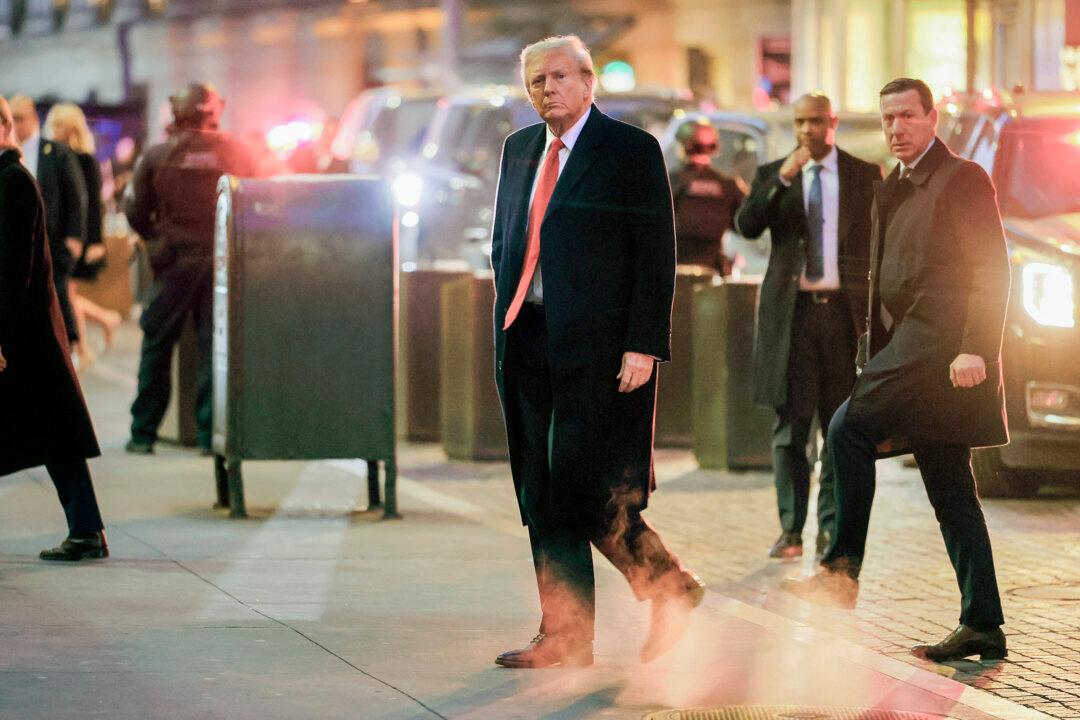Former President Donald Trump’s federal election trial may be on hold for months, the federal judge overseeing the case has indicated.
“I hope not to be in the country on Aug. 5,” U.S. District Court Judge Tanya Chutkan said during a separate criminal case conference, according to Politico. The judge said that if she is, it will only be because “I’m in trial in another matter that has not yet returned to my calendar,” seeming to reference President Trump’s case, which was removed from the calendar via an order on Feb. 2.





